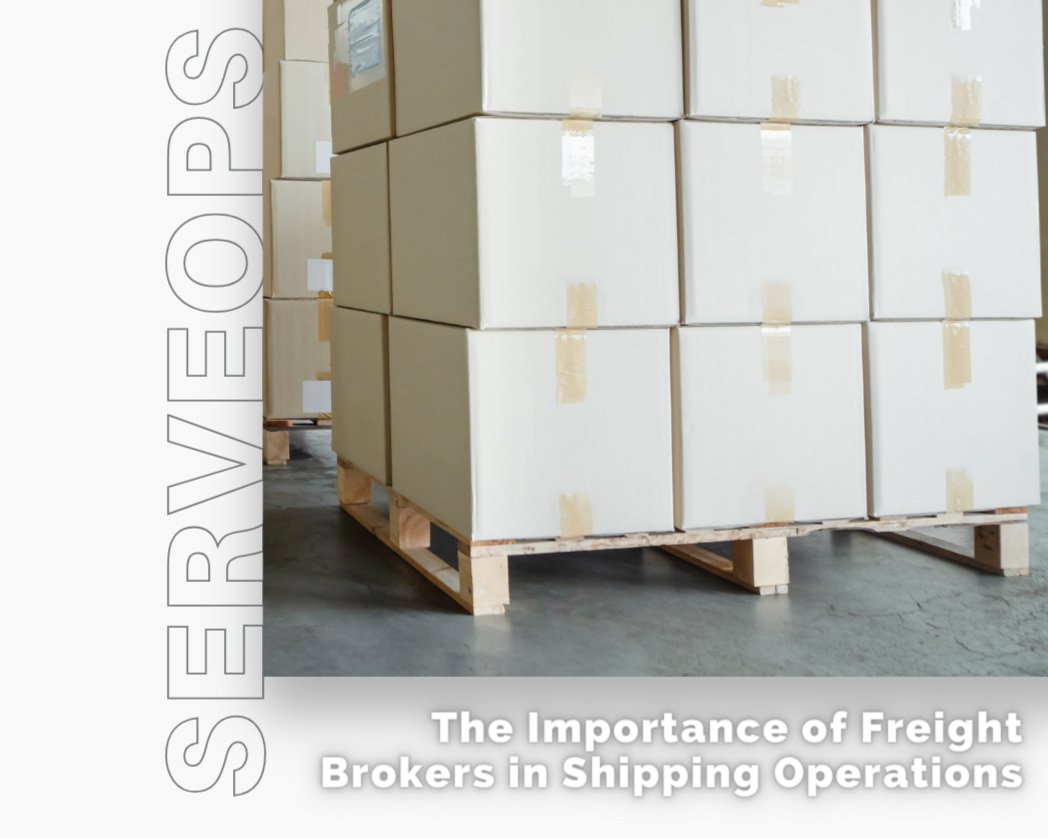The Role of Brokerages in the World of Shipping: A Closer Look
In the vast world of shipping and logistics, conversations often revolve around the requirements and expectations set by industry giants like Walmart. The Walmart Transportation Team shared a few insights about the extensive prerequisites that carriers need to meet to transport freight for the retail giant. These requirements shed light on the importance of brokerages in streamlining the process and connecting the right carriers with large corporations like Walmart.
Unlocking the Walmart Transportation Team's Requirements
To gain access to Walmart's freight transportation network as a carrier, a list of prerequisites must be met.
Minimum Fleet Size
Carriers are required to have at least 50 tractors, highlighting the need for substantial capacity.
Adequate Insurance
Carriers must possess substantial insurance coverage, including 2 million in General Liability, 2 million General Aggregate, 2 million Auto Liability (with any auto selected, not scheduled), and 250k in Cargo Liability. State minimum workers' compensation is also a must.
Loss Payee for Cargo
Walmart must be listed as a loss payee for cargo insurance.
Excellent Safety Ratings
Carriers need a satisfactory safety rating and must be in good standing on CSA 2010 measurements. Additionally, they should provide a current copy of SMS results (Alerts).
The Brokerage Solution
These stringent requirements underscore the necessity of brokerages in the logistics landscape. The typical trucking company has fewer than six trucks and often carries only the state's minimum insurance requirements. This means they would rarely qualify for an opportunity like this.
Brokerages serve as a crucial intermediary, gathering carriers together to create a single point of contact for large corporations like Walmart. With a brokerage in the middle, Walmart doesn't need to deal with multiple individual trucking companies for updates, bills of lading, and payments. This streamlines their operations, making it more efficient and hassle-free.
Size Matters, but It's Not Everything
The conversation also touched upon the fact that for smaller shippers, it might be more cost-effective to work directly with carriers, especially for mom-and-pop businesses. It highlights that the choice between using a brokerage or dealing directly with carriers often depends on the size of the shipper and their unique needs.
The Rule, Not the Exception
While it's evident that big corporations like Walmart often have stringent requirements, it's essential to remember that they do work directly with smaller trucking companies in specific cases. The strict prerequisites discussed here are more of a generic guideline to manage the overwhelming number of applications they receive.
Walmart's Dedicated Transportation Departments
It's worth noting that each Walmart Distribution Center has its dedicated, on-site Transportation Department and Traffic Department. Transportation handles outbound shipments from the distribution center to the stores, primarily using Walmart-owned trucks and drivers. On the other hand, the Traffic Department deals with inbound shipments, where outside carriers and brokers have a better chance of collaborating with Walmart.
Overall, this provides valuable insights into the complex world of logistics, the significance of brokerages, and the diverse needs of shippers and carriers in the industry. The requirements set by industry giants like Walmart offer a glimpse into the intricate web of logistics and the role of intermediaries in making the supply chain more efficient.


